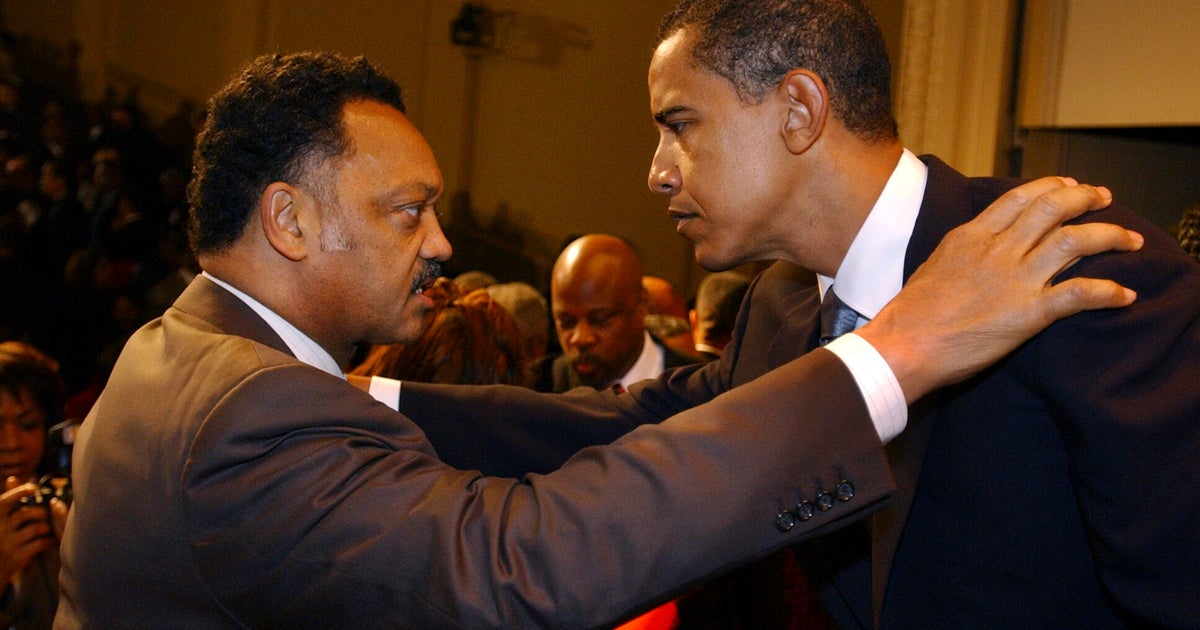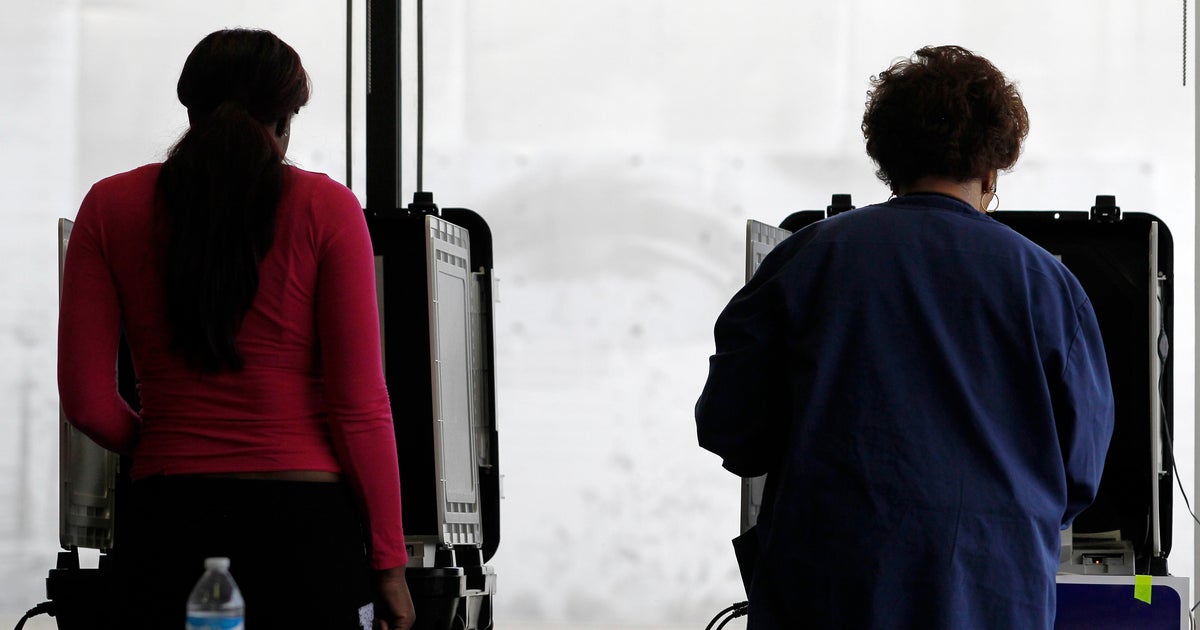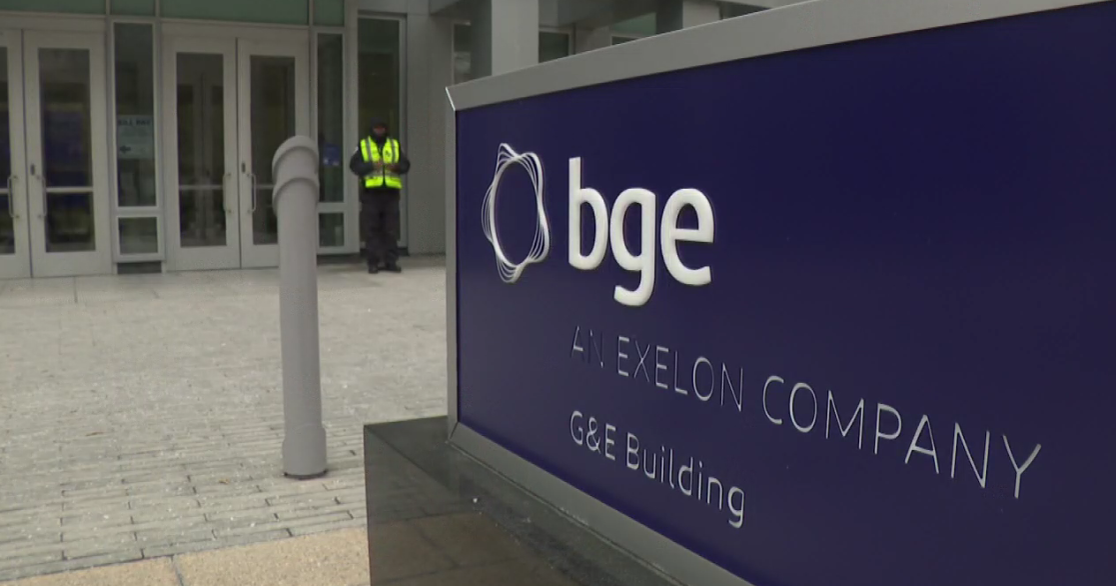Republicans Block Small Biz Lending Bill

Senate Republicans have blocked a bill to increase small business lending, dealing a setback to President Barack Obama's jobs agenda.
The bill would have created a $30 billion government fund to help community banks increase lending to small businesses, combining it with about $12 billion in tax breaks aimed at small businesses. Some Republicans, however, likened it to the unpopular bailout of the financial industry.
Democrats and Republicans will continue to negotiate amendments to the bill. But Thursday's vote will make it difficult for Congress to pass the bill before lawmakers go on their summer vacation.
THIS IS A BREAKING NEWS UPDATE. Check back soon for further information. AP's earlier story is below.
WASHINGTON (AP) — A bill to increase small business lending is in jeopardy in the Senate as lawmakers struggle to reach agreement on a series of Republican amendments.
Democratic leaders have scheduled a key test vote Thursday on the legislation. But the bill won't advance unless Democrats can attract Republican votes.
The bill would create a $30 billion government fund to help community banks increase lending to small businesses, combining it with about $12 billion in tax breaks aimed at small businesses.
Democrats say banks should be able to use the lending fund to leverage up to $300 billion in loans to small businesses, helping to loosen tight credit markets.
While the fund would be available only to banks with less than $10 billion in assets, some Republicans likened it to the unpopular bailout of the financial industry.
Democratic and Republican leaders tried to negotiate a handful of amendments Wednesday with the goal of scheduling a vote on the bill. Both party leaders, however, said they reached an impasse.
Senate Republican leader Mitch McConnell of Kentucky said Democrats were blocking GOP amendments to the bill. Senate Majority Leader Harry Reid, D-Nev., said Republican demands kept changing.
"We all know this is an effort to stall and not do this bill," Reid said. "This is the proverbial stall that we've had all year."
McConnell sounded more optimistic, saying, "This is a discussion worth continuing because somewhere in all of this, there is a bipartisan bill."
The lending fund overcame a Republican filibuster in the Senate last week, but Republicans wanted to vote on a handful of amendments before voting on the final bill.
GOP amendments included measures to beef up border security, impose a government spending cap and lower the estate tax, which is scheduled to return next year with a top rate of 55 percent on estates larger than $1 million.
One Republican amendment would repeal a new tax reporting requirement for businesses that was included in the massive health care overhaul enacted last spring.
Democrats, meanwhile, have added about $1.5 billion in disaster relief for farmers who lost crops in 2009, a measure sponsored by Sen. Blanche Lincoln, D-Ark.
Democrats also want to add an amendment to settle long-running class-action lawsuits brought by black farmers and American Indians.
One lawsuit concerned the government's management and accounting of more than 300,000 trust accounts of American Indians. The other is a discrimination lawsuit brought by black farmers against the Agriculture Department. The cost of settling them both: about $4.6 billion.
The small business tax cuts in the bill include breaks for restaurant owners and retailers who remodel their stores or build new ones. Other businesses could more quickly recover the costs of capital improvements through depreciation. Long-term investors in some small businesses would be exempt from paying capital gains taxes.
Much of the bill would be paid for by allowing taxpayers to convert 401(k) and government retirement accounts into Roth accounts, in which they pay taxes up front on the money they contribute, enabling them to withdraw it tax-free after they retire. Taxpayers who convert accounts this year would pay the taxes in 2011 and 2012, generating an estimated $5.1 billion.
(Copyright 2010 by The Associated Press. All Rights Reserved.)







